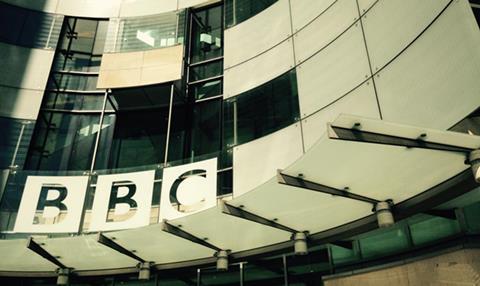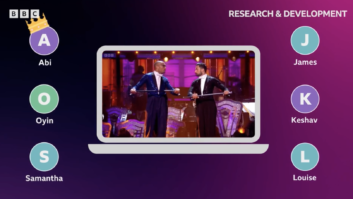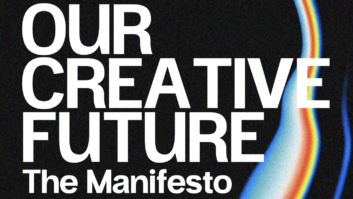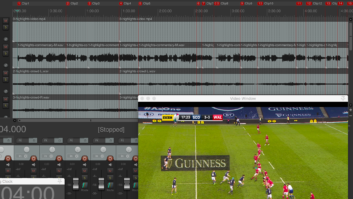
A cost-benefit analysis carried out by the BBC has estimated that every pound spent by its Research and Development arm delivers a return of £5 to £9 to the UK.
The analysis was carried out as part of the BBC’s recent Charter agreement with the Department for Digital, Culture, Media and Sport (DCMS) to undertake and publish a review of its R&D activity.
In a blog post, BBC R&D controller Andy Conroy said: “This review is an exhaustive assessment of the work our department has done over the last Charter period (2007 – 2016), including a cost-benefit analysis, a qualitative assessment of our successes, and consideration of future objectives.
“The review concludes that BBC R&D delivered significant value to the BBC, audiences, the creative community, the wider industry and the UK economy.”
The analysis takes a range of factors into consideration, including economic benefits and efficiencies delivered to the BBC, audiences benefitting from new or improved services, and other factors like patents and technology standards that benefit the industry and broader society.
Conroy believes the most immediate and high-profile contribution was to BBC iPlayer. “Our insights, including trials of new forms of content delivery like online streaming, were critical to iPlayer’s success after its launch in 2007.
“The work has continued to help make BBC iPlayer more widely available, particularly integrating it into the wide range of TV platforms, which is now one of the most popular ways to enjoy programmes on BBC iPlayer.”
The blog post went on to state that BBC R&D helped bring forward the launch of terrestrial TV by three years – delivering a total economic benefit of £77-£152 million for a cost of £2.8 million – and also noted that a major focus over the next Charter will be to continue working closely with partners to develop, test and standardise how content will be produced, stored, distributed and consumed in the new world.
Conroy concluded: “We are immensely proud of what we have achieved. But we are not complacent. Some of the most significant advances in broadcast technology began in the BBC’s R&D department and we will continue to invest in R&D that best serves the interests of our audiences, the wider broadcasting industry and the UK’s creative economy, while always providing great value for money.
“In practice, that means we are willing both to take risks on things that may not work and to take the decision to stop investing in things that we don’t believe are delivering value.”







